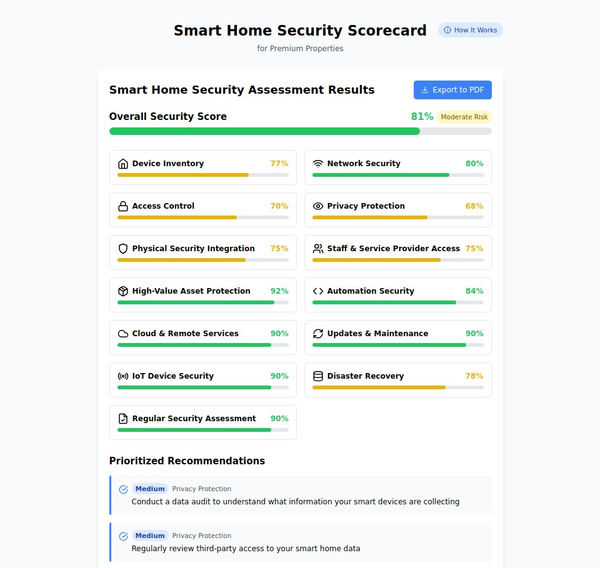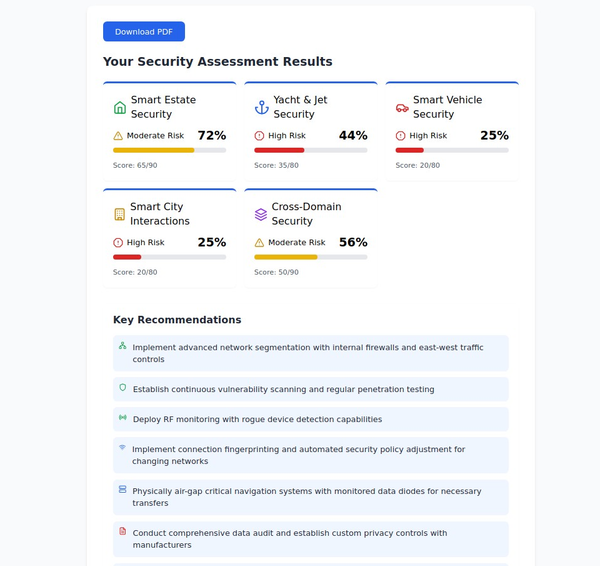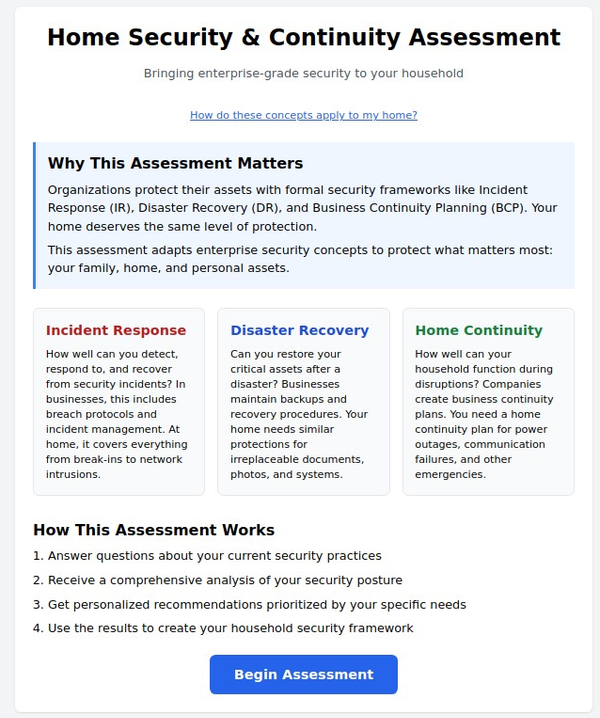10 Tips for Securing Your Home Network from Cyber Threats

Securing your home network from cyber threats is essential in today's digital age. From viruses and malware to identity theft and hacking, there are a range of potential threats that can compromise your personal data and privacy. In this article, we'll provide 10 practical tips for securing your home network from cyber threats.
- Secure Your Wi-Fi Network: One of the most important steps in securing your home network is to secure your Wi-Fi network. This involves changing the default password on your router, using a strong and unique password, and enabling WPA2 encryption.
- Update Firmware Regularly: Another important step is to regularly update the firmware on your router and other network devices. This helps to ensure that any security vulnerabilities are patched and that your devices are up to date.
- Enable Two-Factor Authentication: Two-factor authentication adds an extra layer of security to your online accounts, including your Wi-Fi network. By requiring a second form of authentication, such as a text message or authentication app, you can better protect your network from unauthorized access.
- Use Antivirus and Firewall Software: Antivirus and firewall software can help to protect your devices from viruses, malware, and other cyber threats. Be sure to install reputable software and keep it up to date to ensure maximum protection.
- Monitor for Suspicious Activity: Finally, it's important to monitor your network for suspicious activity. This includes keeping an eye out for unfamiliar devices connected to your network and monitoring your router's logs for unusual activity.
- Disable Remote Management: Many routers come with a feature that allows you to manage your router remotely, but this can also be a potential security vulnerability. It's best to disable this feature unless you absolutely need it.
- Create Separate Guest Networks: If you have guests in your home who need to access your Wi-Fi network, it's a good idea to create a separate guest network. This will keep your main network and devices separate from your guests' devices and potential security risks.
- Use Strong Passwords: In addition to using strong passwords for your router and Wi-Fi network, it's important to use strong passwords for all of your online accounts. This includes your email, social media, and financial accounts.
- Be Careful What You Click: Phishing scams and other social engineering tactics can be used to trick you into clicking on links or downloading malware. Be cautious of any suspicious emails or messages, and only click on links from trusted sources.
- Consider a Virtual Private Network (VPN): A virtual private network (VPN) can help to encrypt your internet traffic and protect your online privacy. If you frequently access the internet from public Wi-Fi networks, a VPN can help to keep your data secure.
By following these 10 tips, you can further enhance the security of your home network and protect yourself from cyber threats; keep your devices and software up to date to ensure maximum protection. Securing your home network is an ongoing process, and it's important to stay vigilant and proactive in maintaining your online security.





